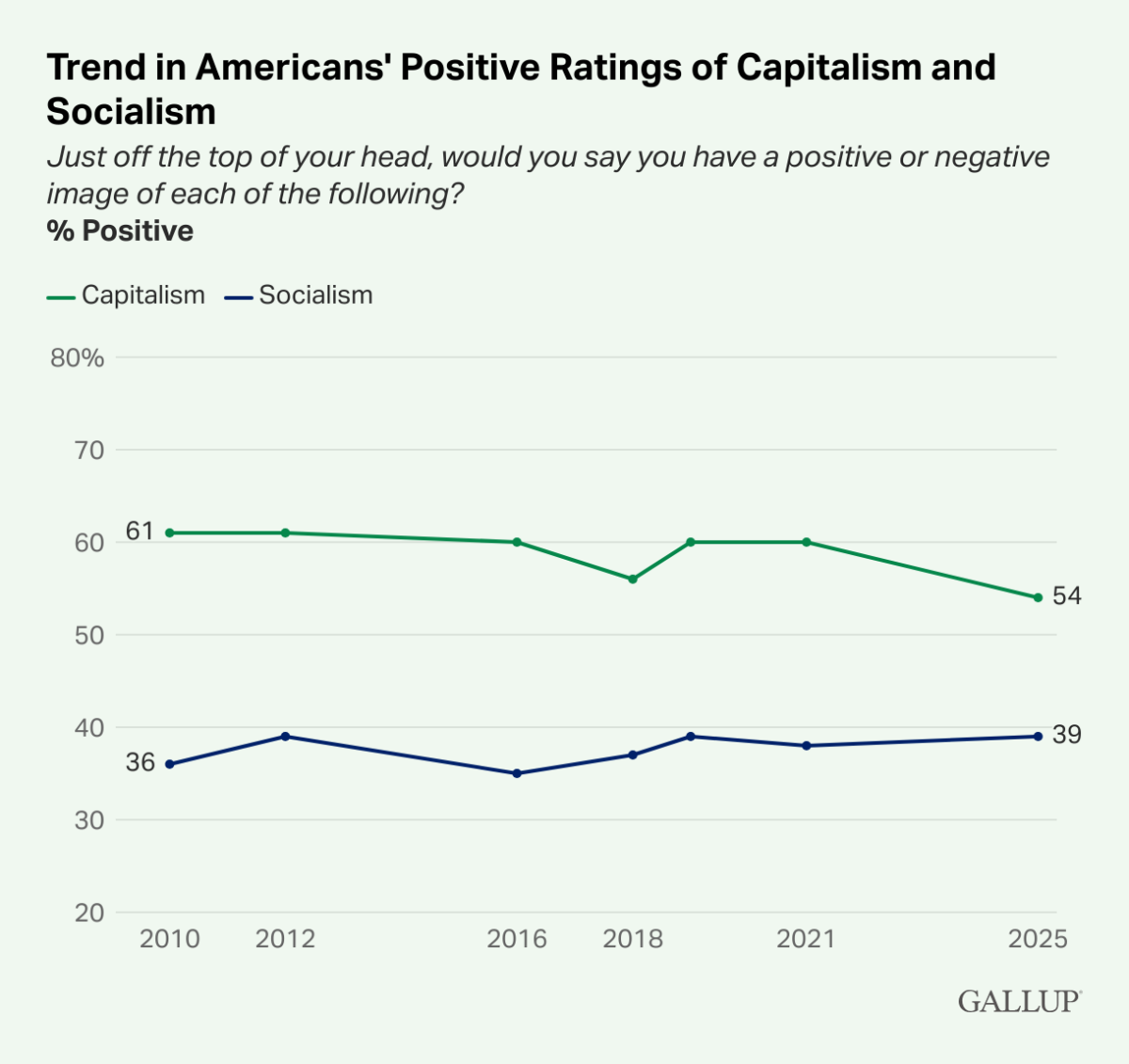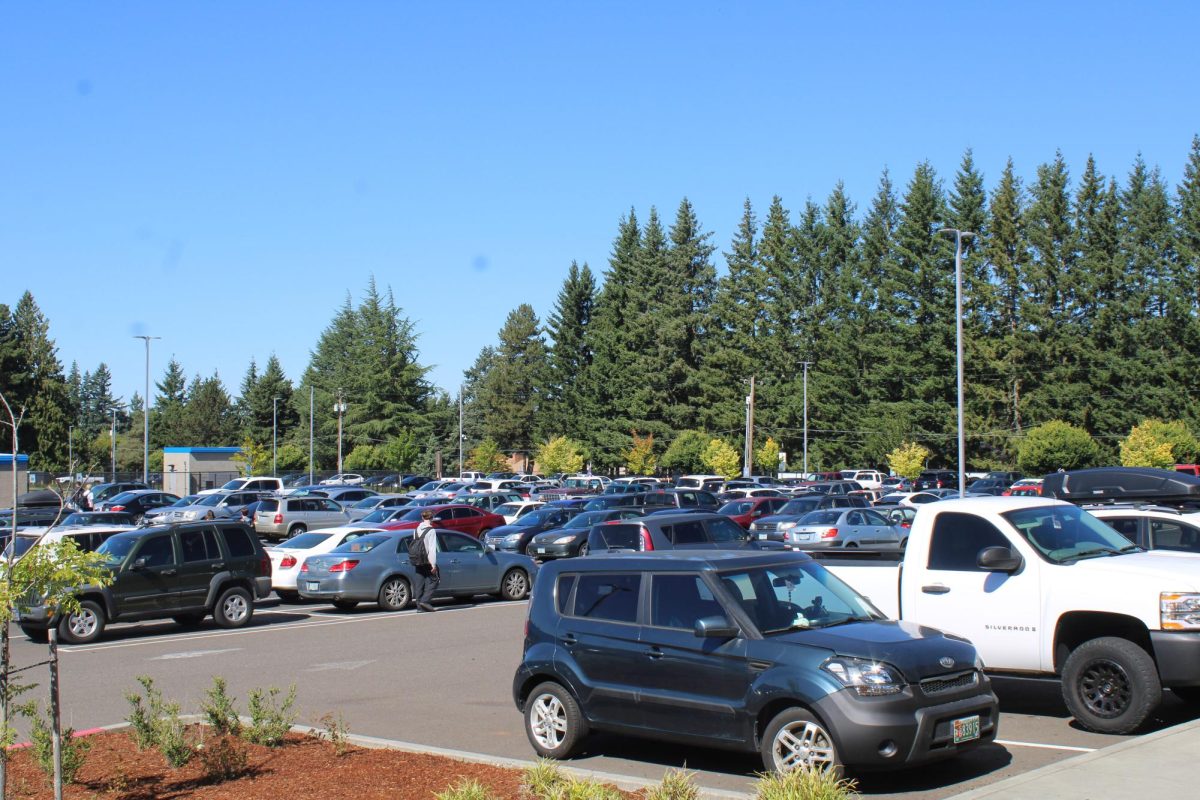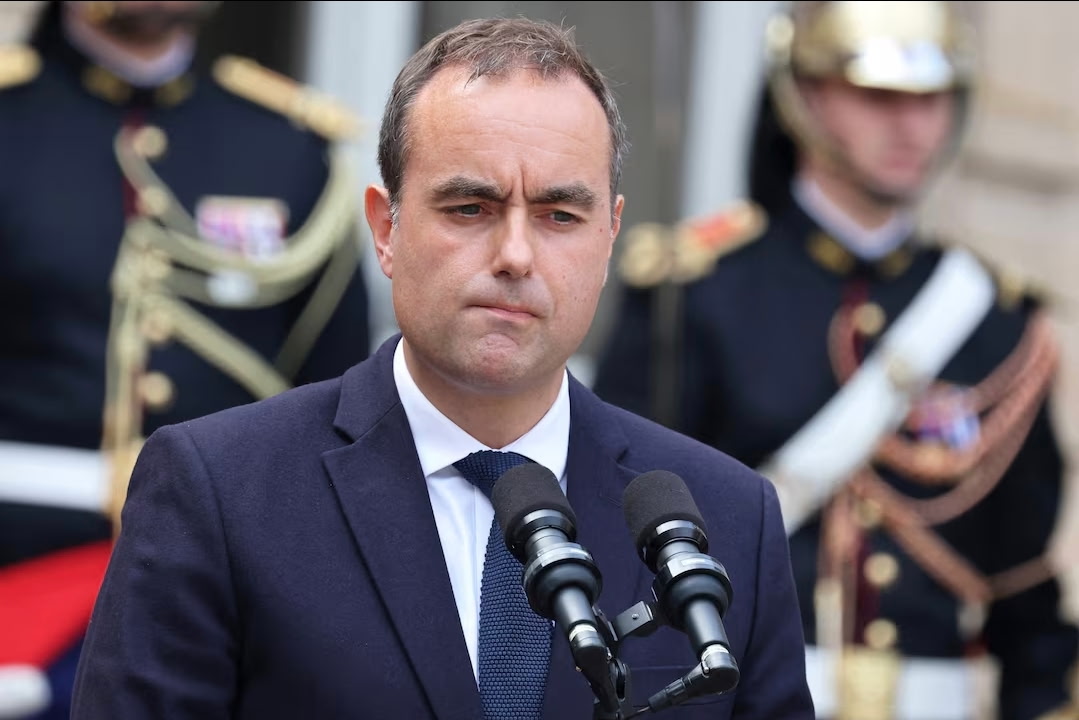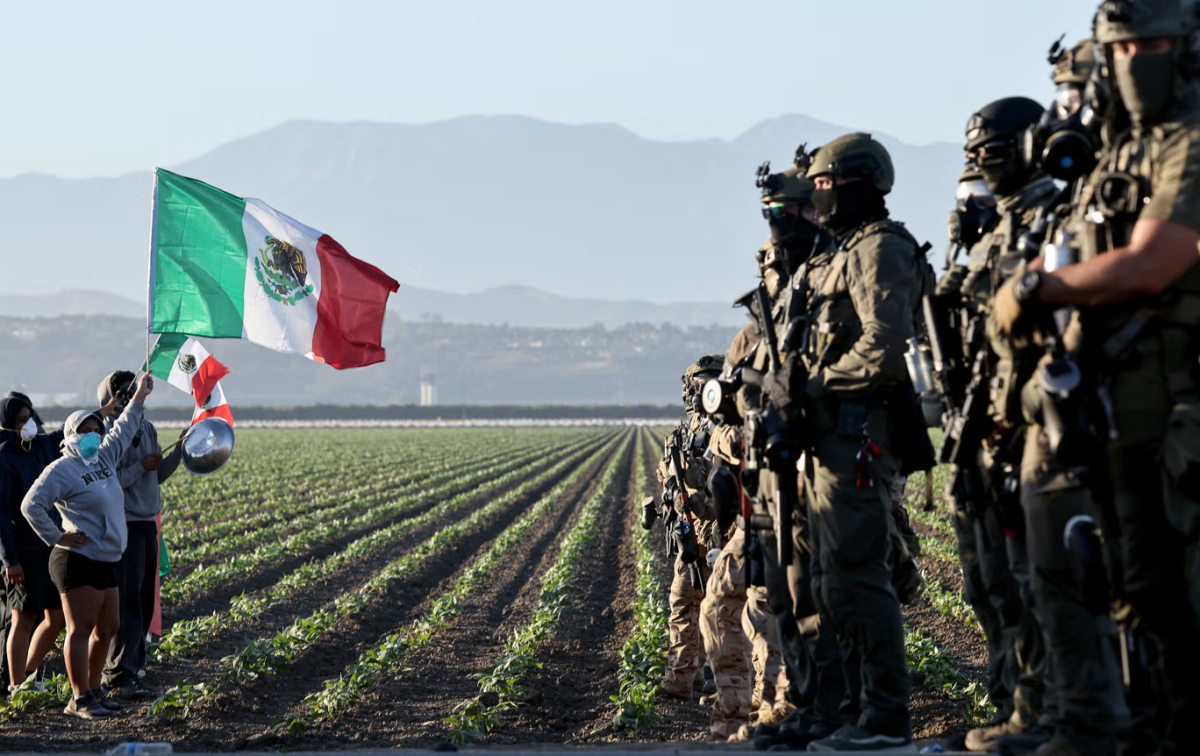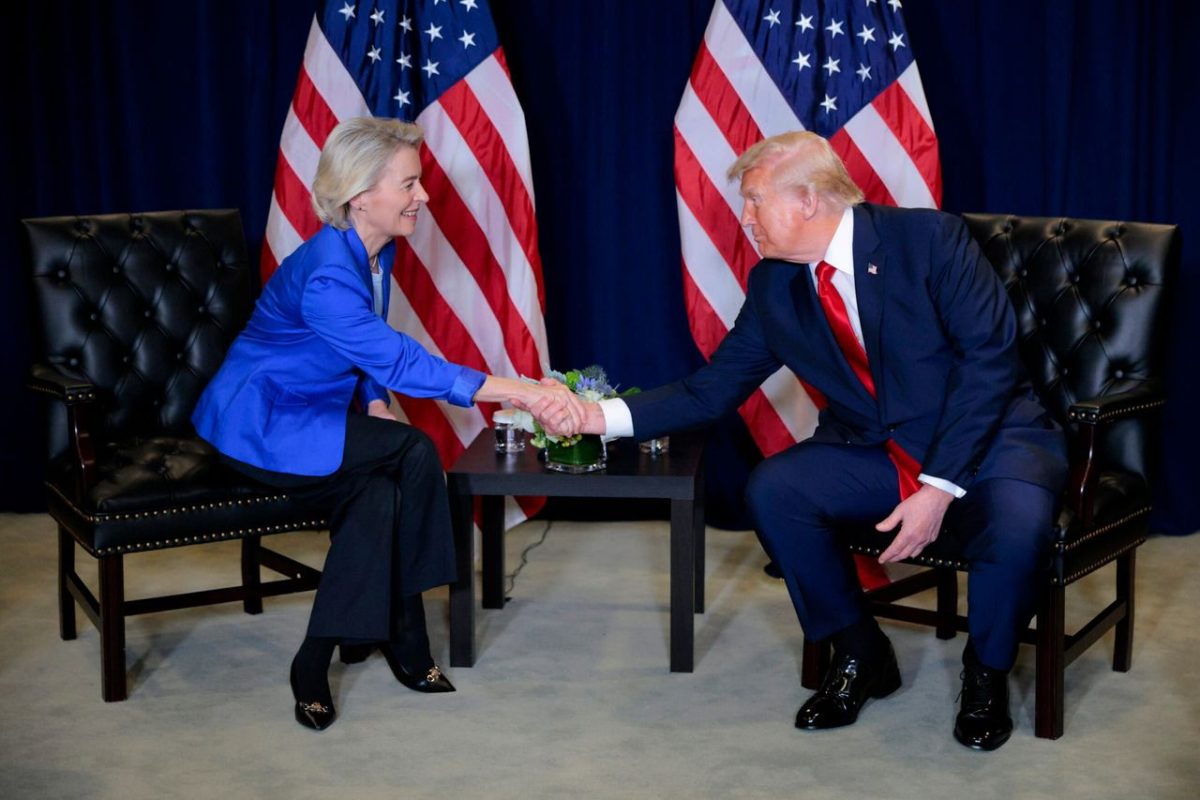Nepal has recently witnessed a historic wave of protests led by its younger generation—often called Gen Z—that shook the nation, toppled the sitting Prime Minister, and significantly altered its political landscape. What began as a reaction to a social media ban quickly erupted into one of the most violent and consequential civil movements the country has seen in decades.
The trigger came in early September 2025, when the Government of Nepal issued a sweeping ban on 26 social media platforms, including Facebook, YouTube, WhatsApp, and X. Officials said the move was necessary because platforms had failed to register under new rules designed to reduce “fake identities, hate speech, and misinformation.”
But to many Nepali youth, this looked like censorship. One protester in Kathmandu told India Today, “They banned social media to silence us, but that only gave us more reason to come out. We are tired of corruption, and we won’t be quiet anymore.”
Students and young professionals quickly organized demonstrations across Kathmandu and other cities. Ironically, they used the very platforms the government tried to block — often jumping to TikTok, Reddit, and VPNs to share updates. Signs and chants included, “Stop corruption, not social media,” and “Where has the taxpayers’ money gone?”
The movement became known as the “Gen Z Revolution.” One university student explained to Reuters, “We grew up with social media, and when they tried to take it away, it felt like they were trying to erase our voices. This is about more than apps.”
The protests soon escalated into violent clashes. Police used tear gas, water cannons, rubber bullets, and, in some cases, live ammunition. By mid-September, at least 72 people had been killed and thousands injured. “The violence is heartbreaking,” Amnesty International said in a statement urging restraint and accountability from security forces.
Facing overwhelming pressure, several officials resigned, including Home Minister Ramesh Lekhak. Eventually, Prime Minister K.P. Sharma Oli stepped down on September 12. That same week, the government reversed its social media ban.
After Oli’s resignation, President Ram Chandra Poudel appointed Sushila Karki, a former Chief Justice, as interim Prime Minister. Karki is Nepal’s first woman to hold the position. In her inaugural statement, she promised to “fix the failures that led to this unrest” and announced that national elections would take place on March 5, 2025.
Karki also pledged to investigate the killings during the protests. A new panel has been formed to look into police violence, though families of victims remain skeptical. “My brother went to protest peacefully, and he never came back,” one grieving relative told The Kathmandu Post. “We want justice, not promises.”
The protests weren’t just about apps — they were about deep-seated frustration with corruption, unemployment, and nepotism. For young people around the world, Nepal’s story is a reminder of the power of student movements.
The coming months will test Nepal’s new leadership, with challenges including rebuilding trust between youth and government, delivering justice for those killed and injured, and tackling unemployment and economic stagnation.
Nepal’s Gen Z has made one thing clear: they will not be silenced.



